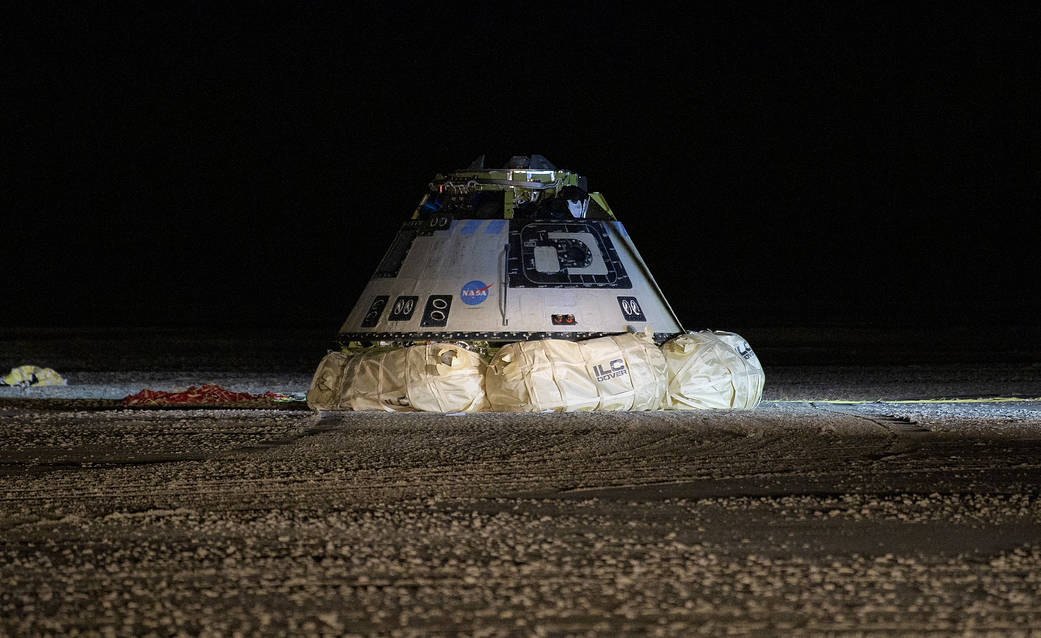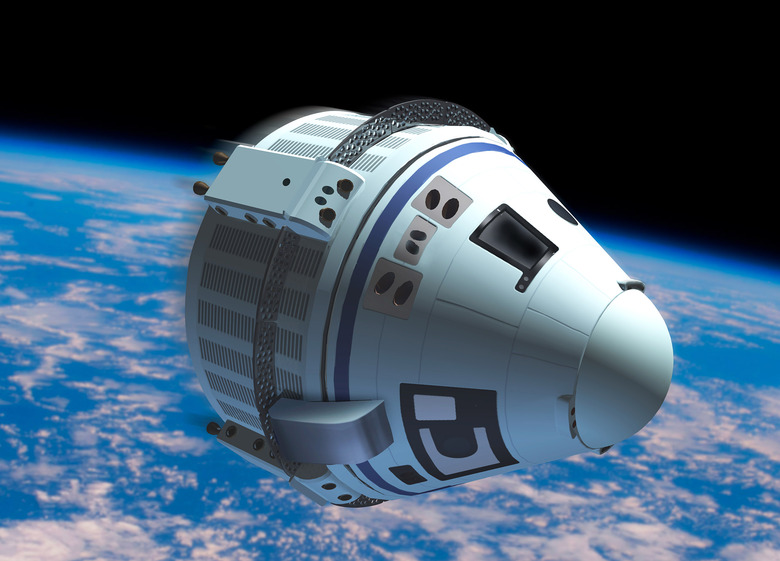NASA Delays The First Crewed Flight Of Boeing's Starliner Once More
Boeing has just not had good luck when it comes to spacecraft. The well-known company behind some of the biggest aircraft in the world has been looking to take things out of Earth's atmosphere for several years now, but its Starliner spacecraft has run into failure after failure over the past four years. Despite finally succeeding in reaching the ISS last year, NASA has now announced a delay to Starliner's first crewed flight.
The newest delay comes after Boeing and NASA had already pushed back the launch of Starliner's first crewed flight once before. According to the latest reports from Ars Technica, the launch of the first crewed flight for Starliner will take place no earlier than July 21. A definite launch date has yet to be set in stone, but it won't come before the summer of 2023.
While it isn't surprising that Starliner has experienced yet another delay – after all, the Starliner has seen nothing but troubles over the past three years – it is intriguing to learn precisely why NASA is delaying the launch of Starliner's first crewed flight.

According to the reports, the delay has been attributed to the extra time needed to ensure the parachute system is entirely up to snuff. There are also plans to ensure other pre-flight review checkmarks are met. So far, Boeing has conducted more than 20 tests of the parachute system it will use to lower Starliner's first crewed flight.
Because the flight will finally have astronauts aboard, ensuring the systems work optimally to protect them and keep them from harm upon landing the spacecraft back on solid ground is essential. The manager of NASA's Commercial Crew program told ArsTechnica that it's just a matter of reviewing all their data and ensuring it meets certification standards.
Currently, there are no known issues with the parachutes that should cause any additional delays to Starliner's first crewed flight. However, we'll have to wait and see where the data leads on this one, as it wouldn't be surprising to see Starliner delayed yet again if NASA isn't wholly confident in Boeing's spacecraft.
